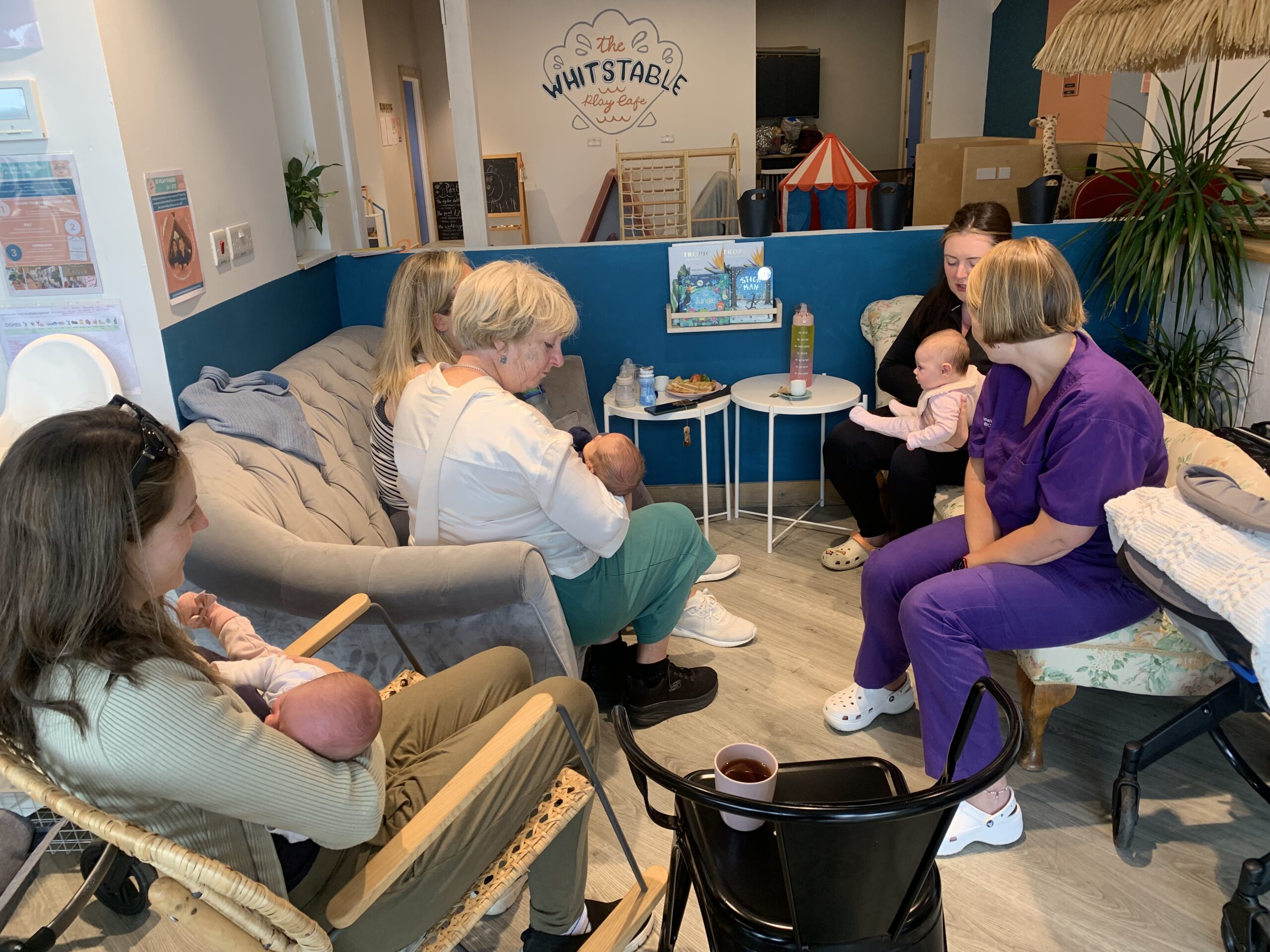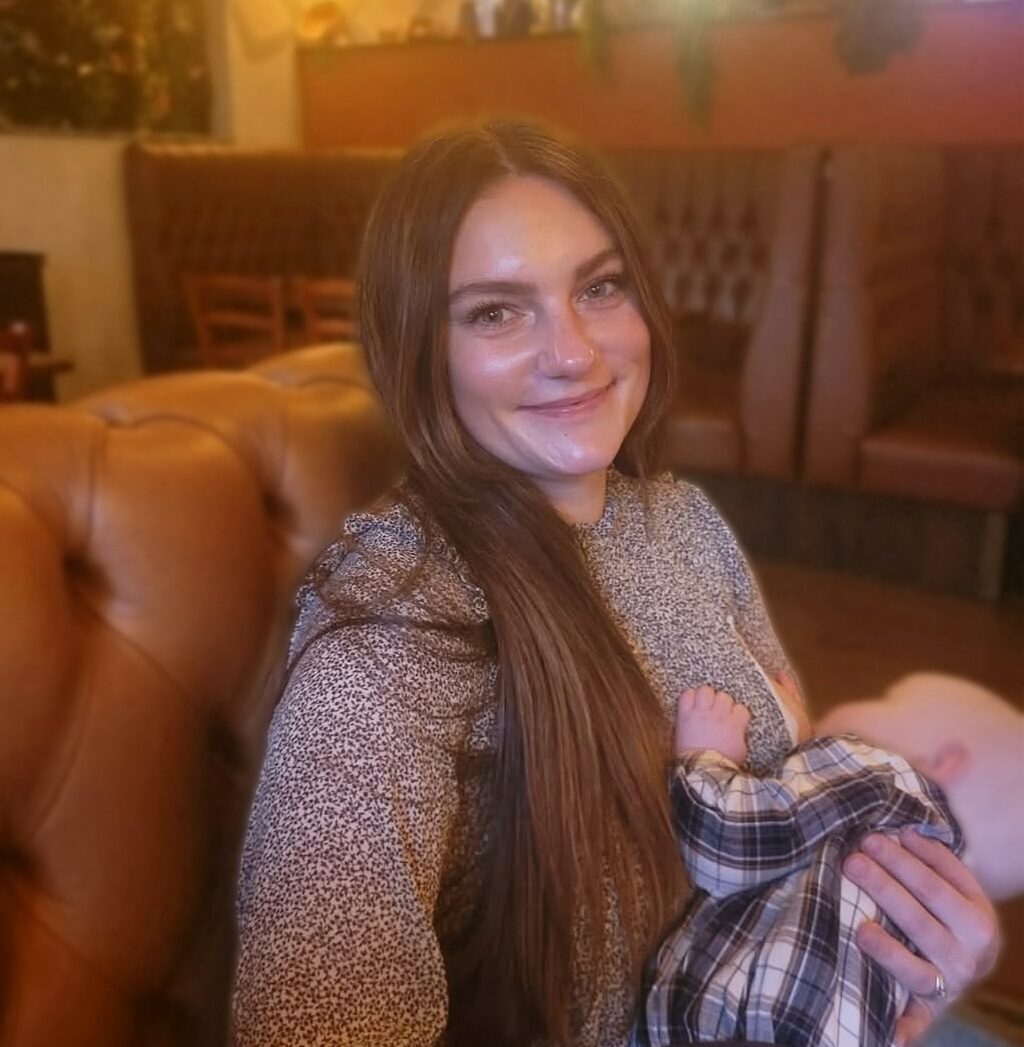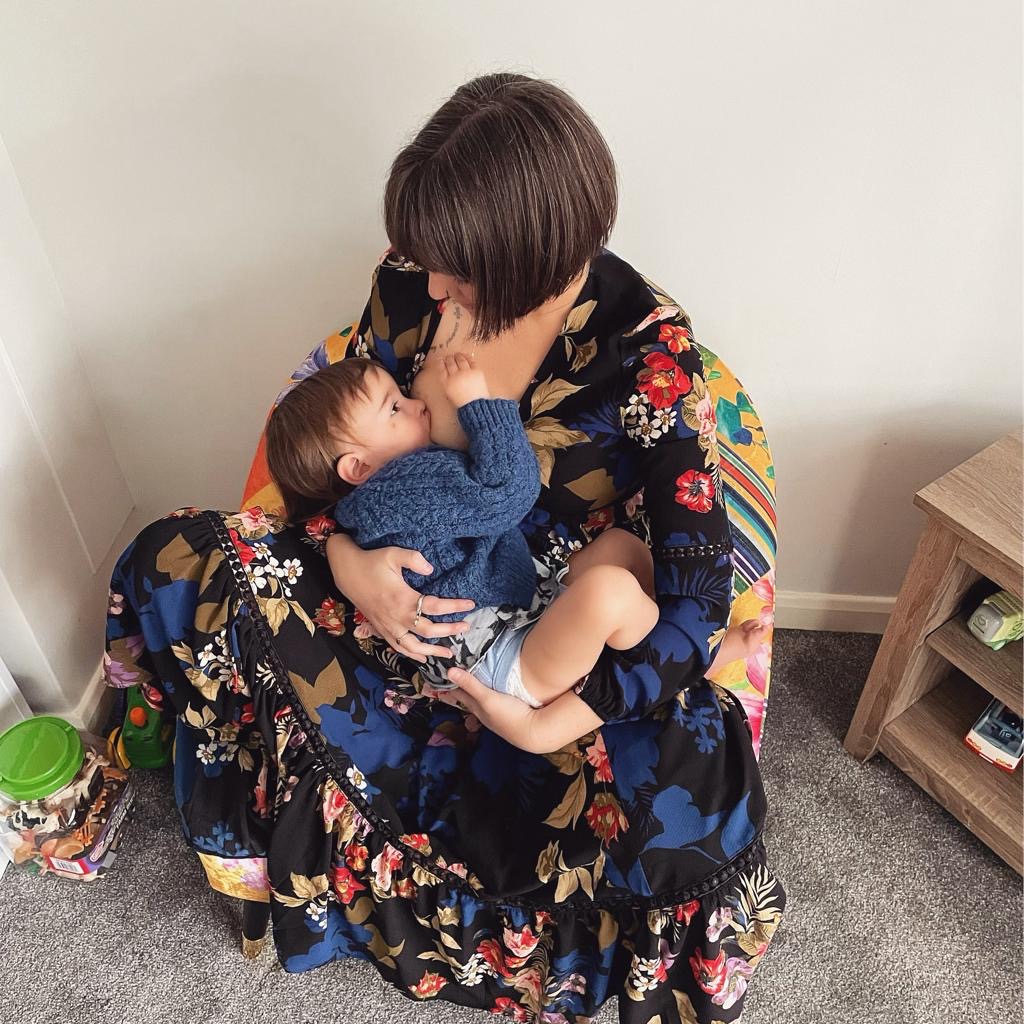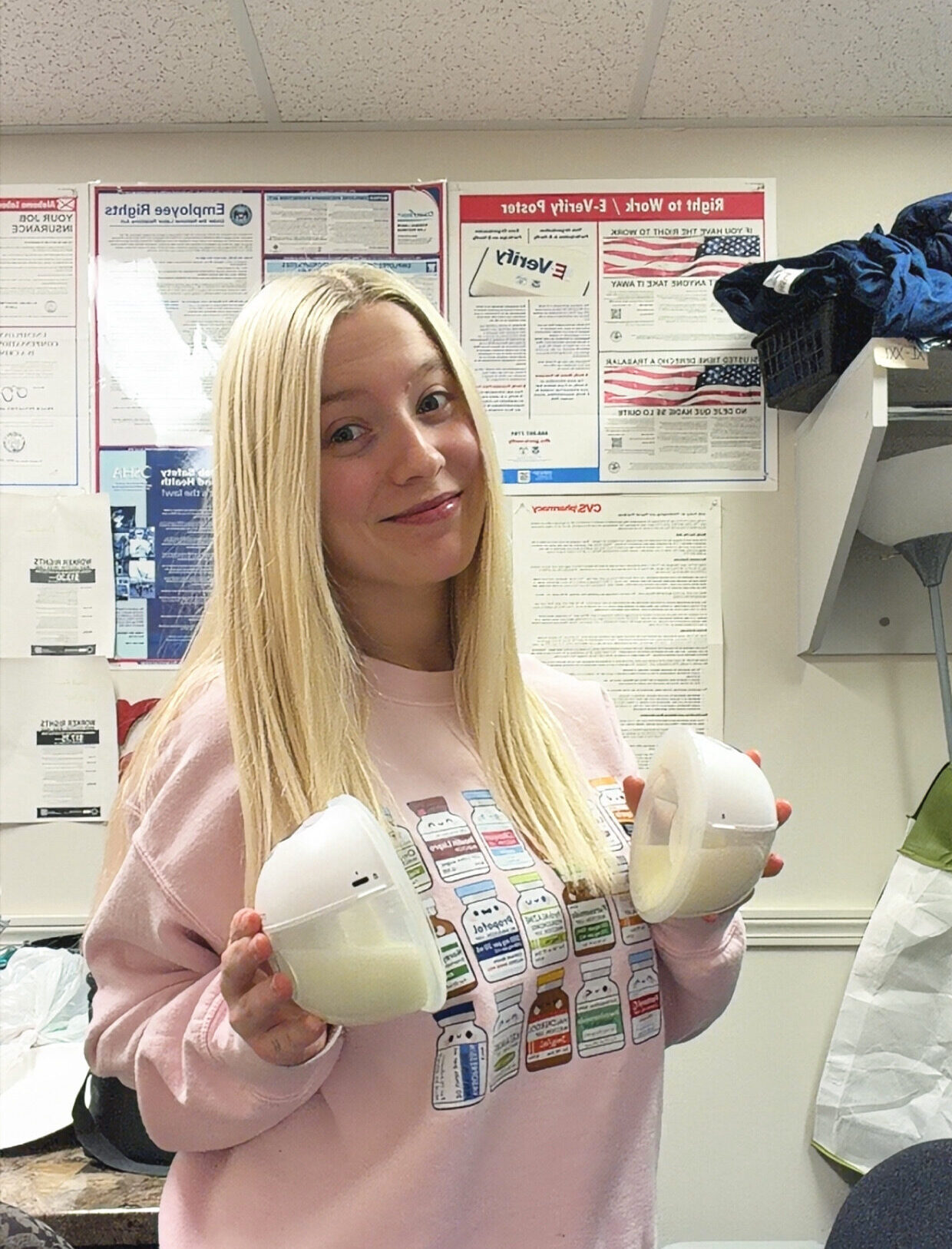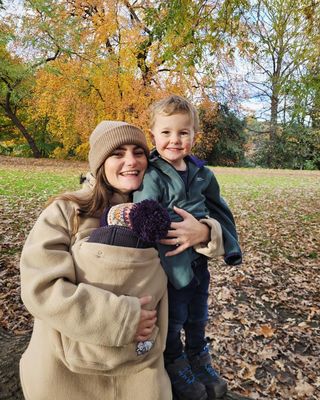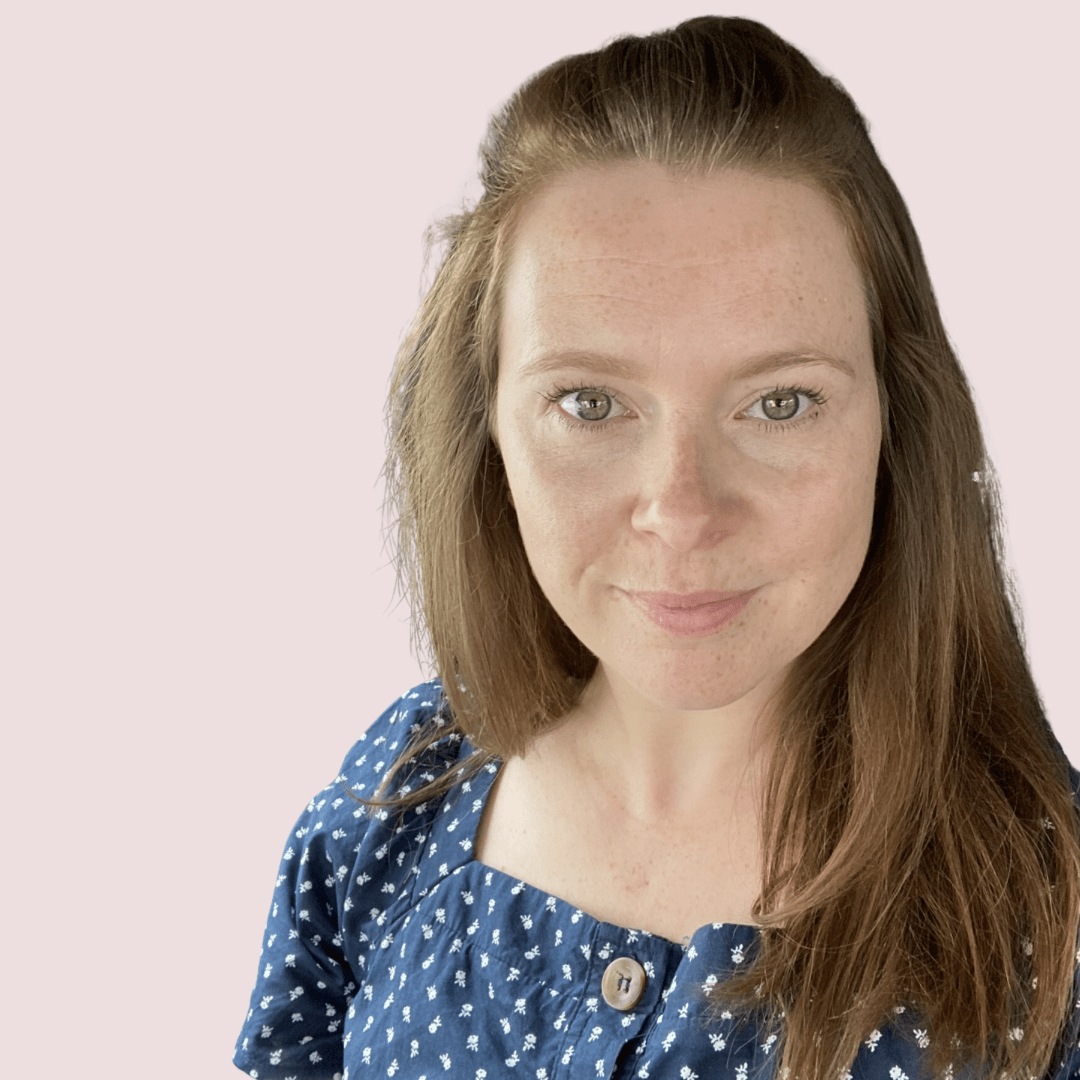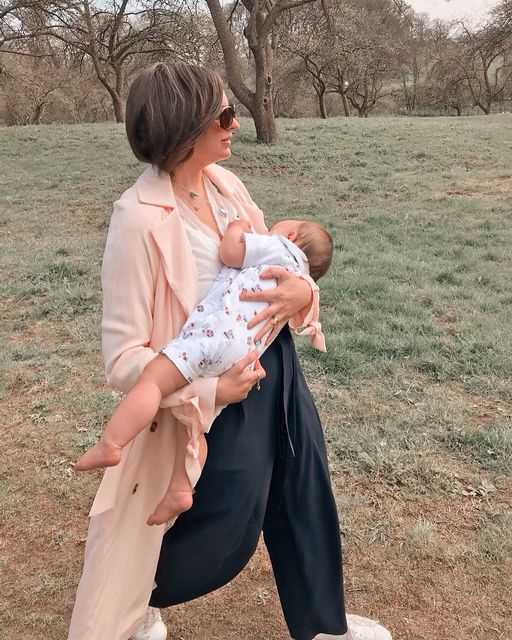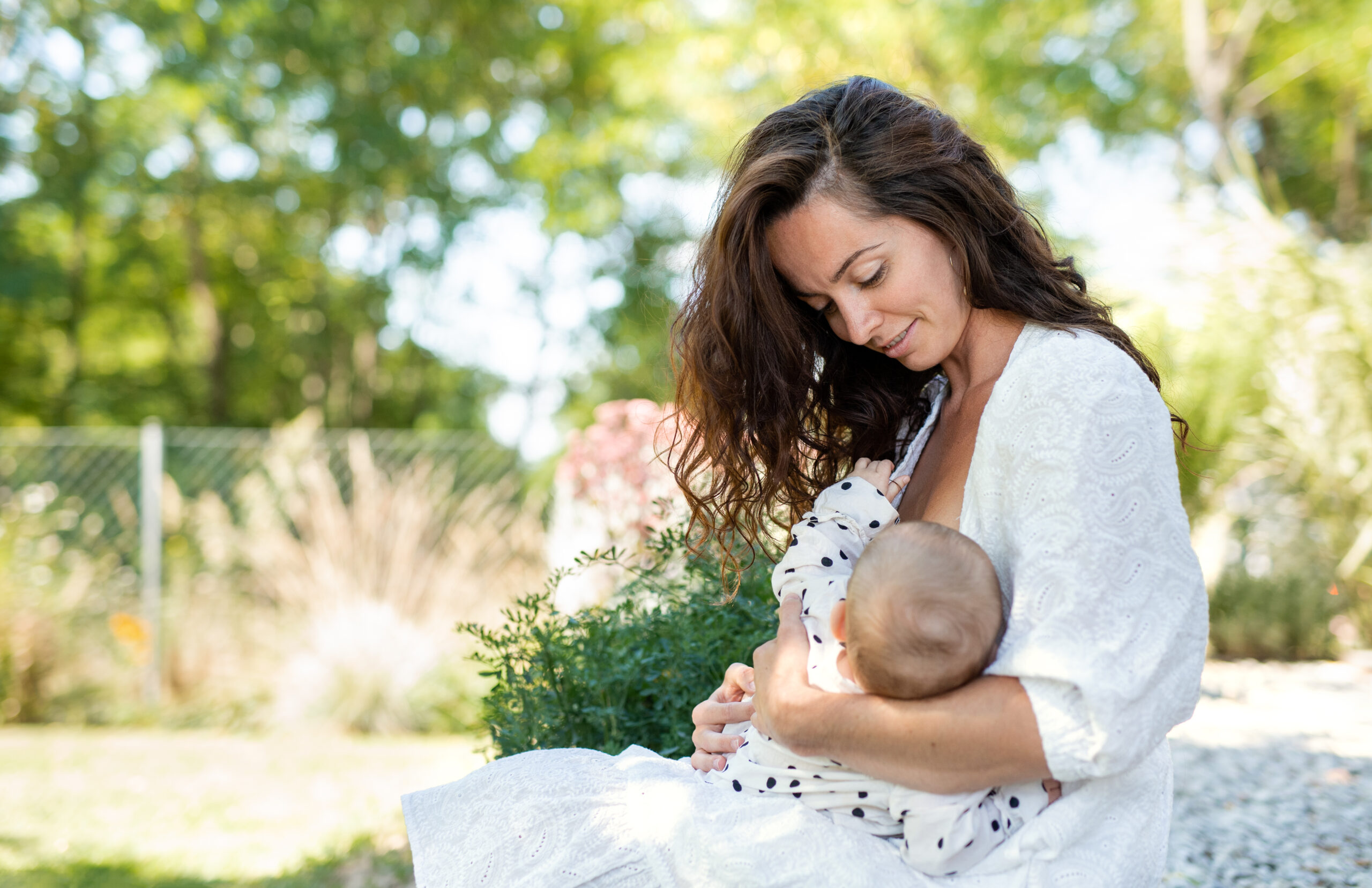In many aspects of parenthood, but particularly with breastfeeding, we’re sold this idea of going to a group. As adults unless we’re in therapy or have an addiction going to groups is not usually how we socialise…we have our friends, we might go to the pub or go out for dinner but rarely, to a group.
Would you go to a breastfeeding support group?
Then along comes this baby and we’re suddenly thrust into this WEIRD suggestion of
being in a space with people who we have nothing else in common with except for the fact
we’ve trying desperately to do this thing we thought was natural but actually turns out to be
bloody hard.
Not always appealing and maybe actually pretty terrifying.
As an IBCLC, let me tell you, feeding support groups can make the world of difference to
parents trying to suss out how to feed their babies, whether they’re days, weeks or months
in. We learn so much from each other, our shared experiences can give us common
ground, and we form a new community. A new arm of support.
As an IBCLC, let me tell you, feeding support groups can make the world of difference to
parents trying to suss out how to feed their babies…
While it’s easy, perhaps, to imagine feeding support groups as women sitting in a circle
feeding their babies peacefully, the reality isn’t like this!
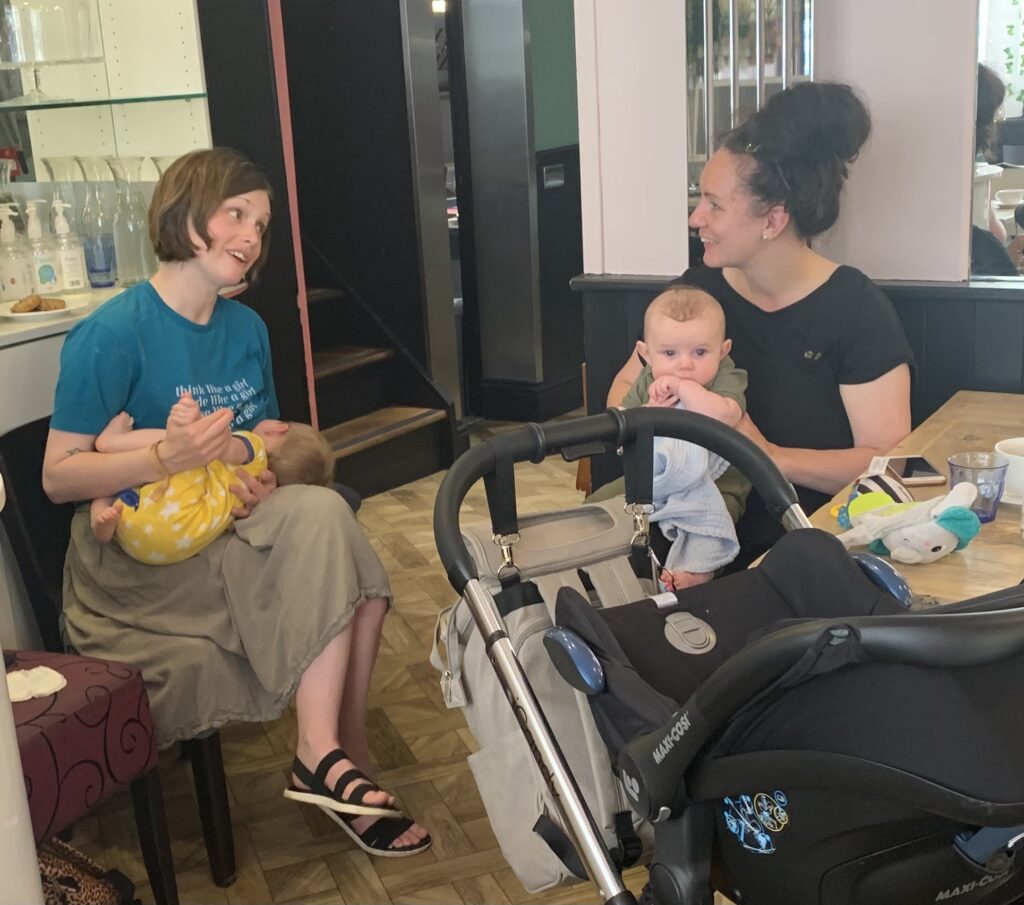
Who are breastfeeding support groups for?
Feeding support groups are absolutely not just for parents who have mastered feeding;
there may be people who have, and they will have come along to share their experience
and support you as you start out. Mostly though, there will be parents like you, who are
maybe feeling overwhelmed, exhausted and self conscious. And who are maybe reeling a
bit from all that new parenthood brings.
It can also be hugely helpful to hear other people’s experiences with feeding; seeing a
group of babies of different ages/stages can be really helpful in preparing you for
upcoming stages of your baby’s development, and what to expect.
There’s nothing quite so reassuring as hearing someone’s experience of cluster feeding,
unsettled feeding, or frequent wakes yup and being able to say, with relief, ‘my baby is
doing that too.’
Some groups will have full group discussions, whereas others work more on a 1:1 basis
with the breastfeeding supporter. Every group is a little bit different, and you might find you
like a certain style more than another.
Some groups will have full group discussions, whereas others work more on a 1:1 basis
with the breastfeeding supporter.
There may also be attendees who don’t have their babies yet, they’ve come along for
information ahead of their baby’s arrival about how they can get feeding off to a good start.
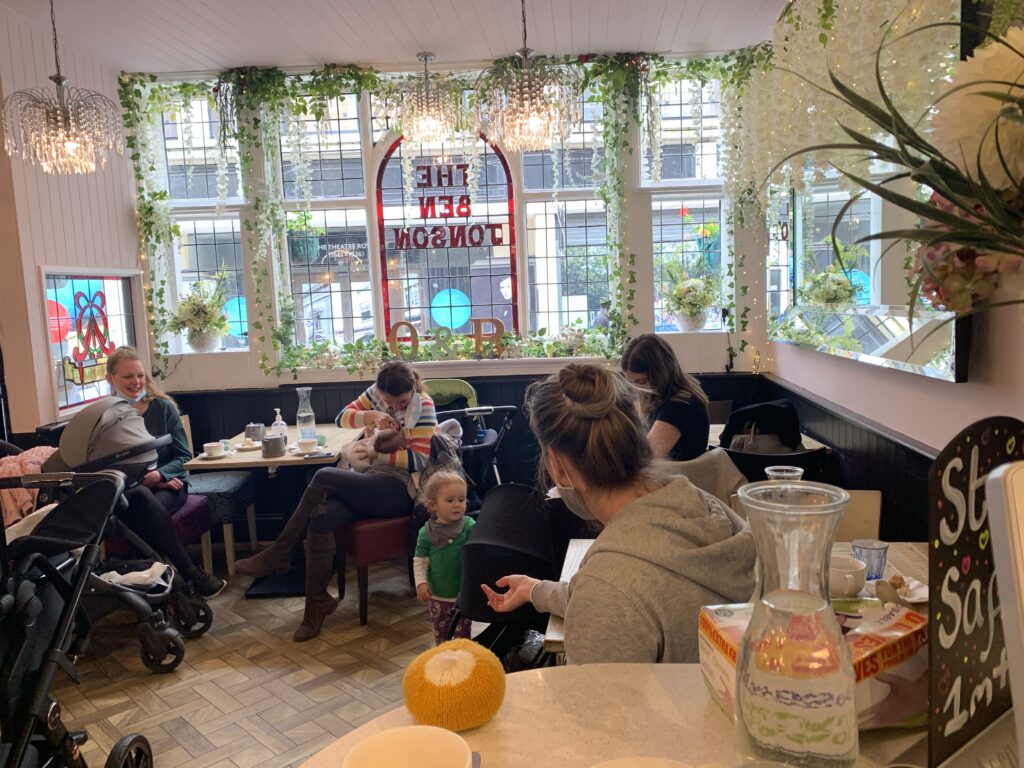
Forming a community
The parents there may, perhaps like you, be feeling a bit disillusioned by the whole thing;
this wasn’t how they expected it to be.
Breastfeeding support groups, are there to help you feel like you’re not doing this all on
your own and you’re not failing either. They are there to help bouy you through the tough
bits, and celebrate the fun bits.
Those facilitating the group, whether Peer Supporters, Health Visitors, Breastfeeding
Counsellors, or IBCLCs, will be there to help if something feels really hard or it’s hurting,
but we’ll also just listen and hold the space for you. We might help you with a plan to make
things easier or for moving forward, or just hold your baby (if you’d like them to) while you
drink a hot cup of tea.
Chances are some of the other new parents who have come along to the group for the first
time may feel a bit anxious about it too. But like you, they felt the fear and came along
anyway!
There’s something hugely empowering and reassuring about sitting in a room with other
new parents. You suddenly feel less alone. You can take a deep breath and drop your
shoulders. We’ve got you.
There’s something hugely empowering and reassuring about sitting in a room with other
new parents. You suddenly feel less alone.
Maybe you’ll catch someone’s eye, and you’ll realise you’re not on your own; that parent
has probably been up all night too, and she’s also wondering what on earth has happened
to her life since this small human arrived.
When the session ends, we hope you’ll leave thinking that the load feels a bit lighter, and
that actually, all things considered you’re smashing this. And that you’ll come back next
time!





